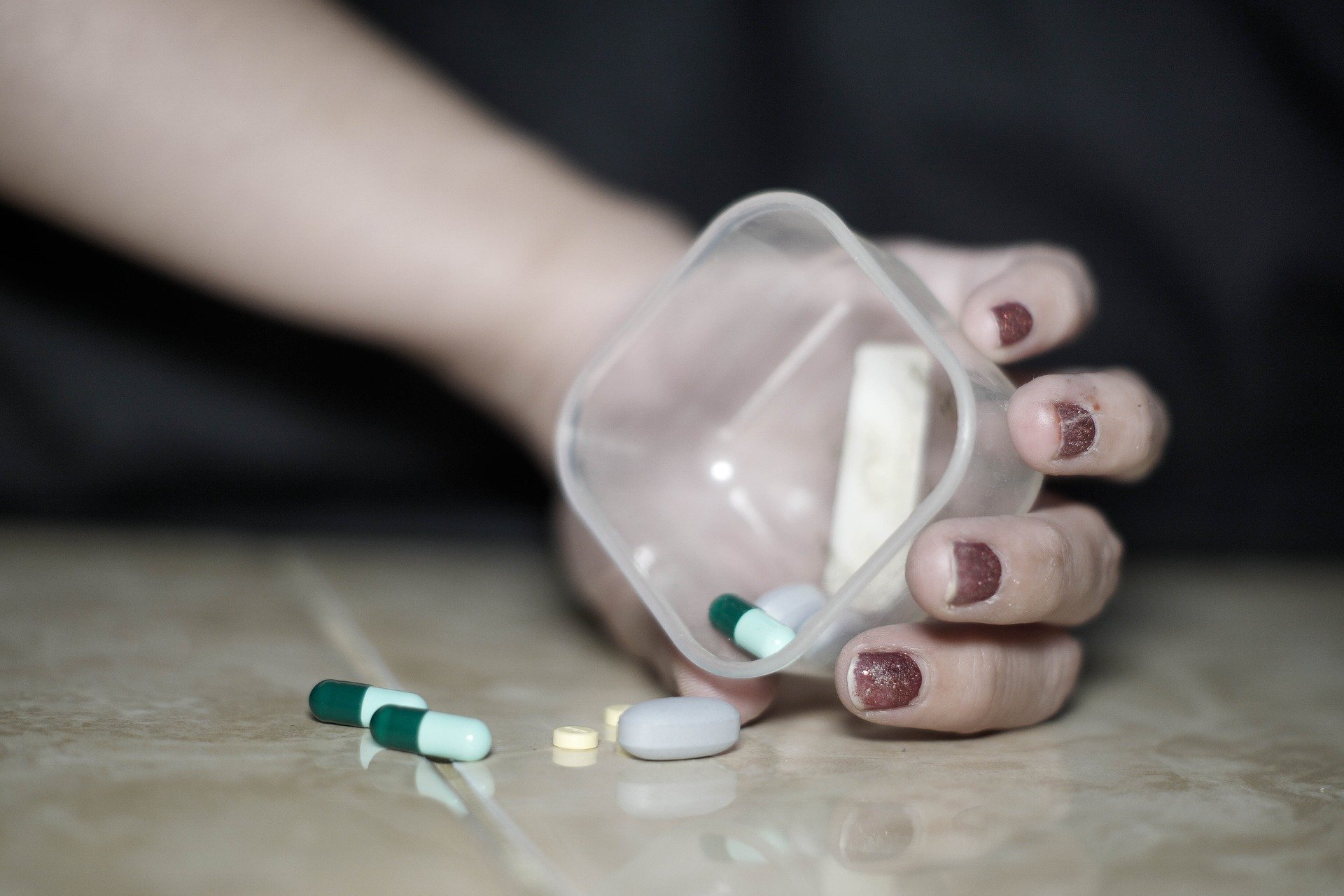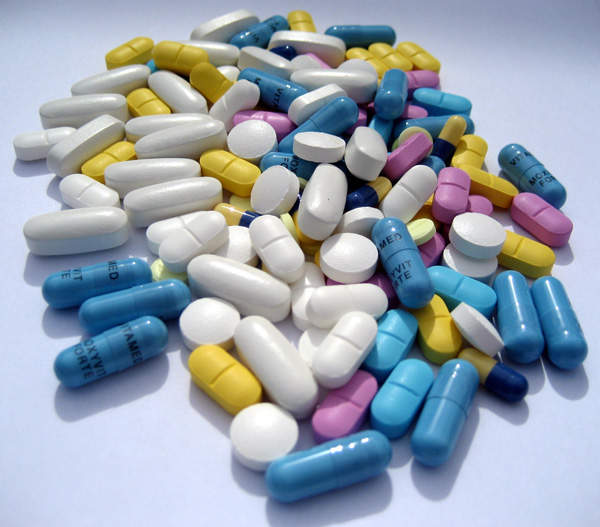Using Ibogaine for addiction has recently become a controversial topic in neuroscience. The researchers and experts worldwide have been divided into two groups, one supporting considering treatment with Ibogaine for addiction whereas others oppose it for some genuine reasons. However, with the consent of the FDA and DEA, Ibogaine is listed in Schedule 1 Substance. It means that there are no scientifically proven experiments to convince the authorities that using Ibogaine for addiction is safe. Therefore, till further notice, using Ibogaine in any addiction treatment and therapy is illegal.
Despite all this turmoil and consequences, certain studies and reports claim that Ibogaine can be a promising drug of choice for treating physical and psychological dependency. Hence, we will share with you some facts based on how Ibogaine was first introduced for its medicinal uses and its current efficacy in the treatment of addiction.
Background
Ibogaine is an alkaloid abundantly found in a shrub Iboga. This shrub, Tabernanthe iboga, is native to Africa. Alkaloids are compounds that are generally known as secondary metabolites. They are not essential for the growth and development of plants and are considered waste products. These secondary metabolites are often dangerous, but experts sometimes structurally modify them if they have are pharmacologically active. Like Iboga, Atropa Belladonna is another example of such a compound.
In the Bwiti religion, Iboga was first started use as a medicine for different health conditions. It was also a tradition to make the boys eat roots and root bark of this particular shrub for sexual arousal. Besides these ritual uses, Iboga has also been used to treat fever, influenza, hypertension, and drug abuse.
Ibogaine and Its Therapeutic Use
Since we know that Ibogaine is not globally allowed to use for the treatment of addiction, there are few studies on the possible treatment with Ibogaine for addiction. Therefore, we can say that this information is insufficient, but it has provided us with some basic concepts using which we can modify and produce a drug by lowering its side effects. Therefore, it is important to know about them.
The experts who have researched the potential therapeutic uses of Ibogaine claim that:
- Ibogaine has the property to alter addiction-promoting pathways by acting against psychedelic drugs. It does this by blocking their effects and signal transmission between the nerve cells.
- Ibogaine can also reduce dependency because of its anti-addictive characteristic. It has been observed to attenuate the self-administration of psycho-stimulants drugs like heroin, cocaine, nicotine, and opiates.
- It also helps manage the symptoms of withdrawal, reduces cravings, and decreases the chances of relapses.
- Ibogaine is a mild stimulant and, therefore, can be an excellent alternative for treating neuropsychiatric conditions, drug addiction, and alcohol abuse.
- It has also been formerly used for certain mental illnesses like anxiety, depression, and, schizophrenia.

These are the main points extracted from the research that has been done yet to explore the uses and effectiveness of Ibogaine for addiction.
But whenever a new drug molecule is under investigation, we have to consider its beneficial and harmful effects to achieve the goals without causing harm to the consumers.
Risk and Limitations
Though experts found out the relationship between Ibogaine and substance abuse treatment, they can’t also neglect a few adverse effects. Ibogaine can do great if used in addiction therapy but, it also has the potential to become another psychedelic substance. If a patient mistakenly ingests large doses of Ibogaine, he may suffer from hallucination, heart problems, lung disorder, and even death may occur.
Hence, a lot of work must be done before announcing Ibogaine for addiction as a legal medicine for treatment purposes. Please also this article that explain “how does ibogaine work ”.





